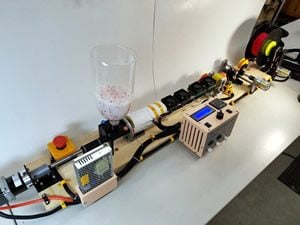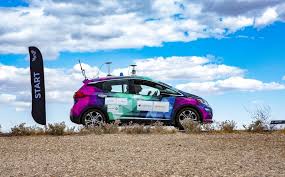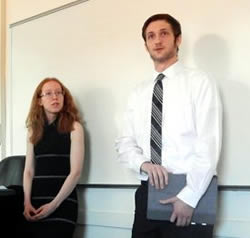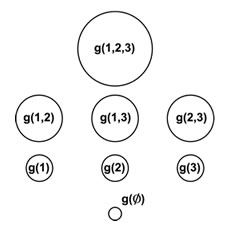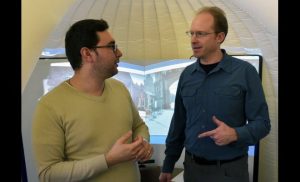
Chris Middlebrook (ECE) was recently hosted by the ECE SPIE Chapter at Georgia Tech. On March 12, Middlebrook provided a presentation entitled “Embedded and Integrated Passive Waveguides and Active Integrated Optical Devices.”
SPIE is the international society for optics and photonics. Details of Middlebrook’s presentation are available online.



